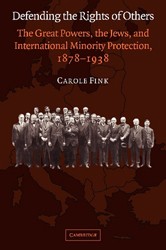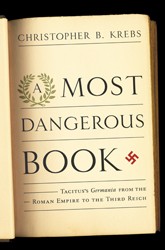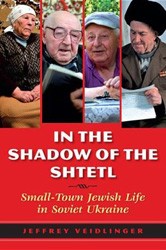While many people look to biblical tales and archaeology in order to trace the roots of the Jewish people, understanding the actual origin of the Jews is far more complex than we realize — as Steven Weitzman demonstrates in his fascinating new book, The Origin of the Jews: The Quest for Roots in a Rootless Age.
The term “origin” has “conceptual slipperiness,” writes Weitzman. Some scholars suggest that in order to understand the origin of the Jews, one needs to spend more time exploring their acquired characteristics. Others argue that one must delve into earliest religious or cultural characteristics, such as the monotheistic idea and the Hebrew language, which have endured over centuries. Still other scholars reject these analytical frameworks and offer other ways to grasp the origin of the Jews. Adding to the complexity of this area of study and the challenge of pinpointing what we mean by “origin” is the “difficulty of defining what we mean by the Jews.”
The term “Jew” is not easily defined. Attempted definitions often acquire a “political dimension,” writes Weitzman, and this results in “competing origin accounts of the Jews that mirror the conflicts between the Jews and their enemies. For example, research on the term “Habiru” has just such consequences. “Habiru” refers to a group identified on fourth century Egyptian tablets and later on documents spanning the eighteenth century BCE to the eleventh century BCE. It refers to a “social class,” an “underclass of people living on the fringes of society” who are considered “troublemakers,” Weitzman explains. But some researchers argue that the term “Hebrew” emerged from “Habiru,” and then propose that the “earliest Hebrews originated not as a tribe defined by its ancestry or place of origin but as an offshoot of a broader class of semi outsiders defined by their marginality.” Equating of “Habiru” and “Hebrew” serves to foster a negative stereotype of early Jews and to undermine the Jewish claim to the land of Israel.
Weitzman masterfully explores “the full range of scholarly perspectives, modern and postmodern, despite their apparent contradictions” on the origin of the Jews. His chapter topics include genealogy, paleolinguistics, prehistory, “documentary hypothesis,” archeological and psychoanalytic models, Hellenistic influences, and genetic ancestry research. Throughout, Weitzman’s approach is balanced and scientifically rigorous. This book is a joyful read for the erudite scholar and the everyday reader eager to delve into the complexity and grandeur of Jewish history and the Jewish experience.




